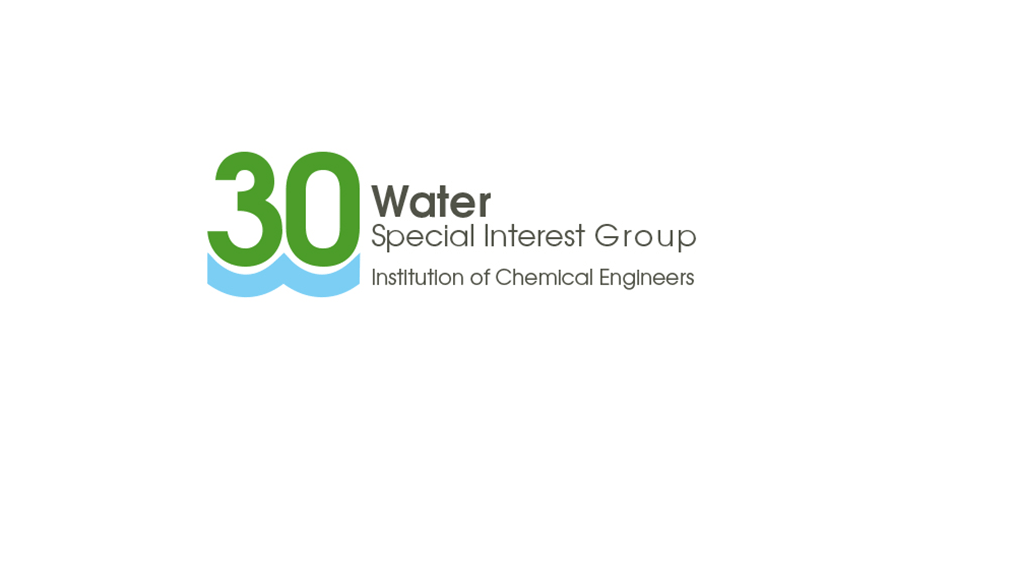Energy efficient waste water project wins young engineering prize

15th December 2017
There are 9,000 wastewater treatment plants currently in 24-hour operation across the UK. They process over sixteen billion litres of sewage a day, in an energy intensive process that can be costly and generate a large amount of greenhouse gas emissions.
A team of chemical engineers from the University of Leeds have found a novel way to reduce external electricity demand at wastewater treatment plants by 50% and greenhouse gas emissions by 20%. The project, NH3 Recovery and H2 Production at Waste Water Treatment Works, saw them win the Institution of Chemical Engineers (IChemE) Water Special Interest Group’s Young Process Engineer Prize 2017.
The Prize was launched in August to mark the Group’s 30th Anniversary, and is sponsored by Arup. Aimed at engaging young minds in the water chemical engineering community, entrants were asked to put forward a video submission that illustrated their project.
Oliver Grasham and Robert White, two young postgraduate process engineers who put forward the Leeds submission, won the top prize of £1000.
The project focuses on the removal of nitrogen from wastewater - a necessary but laborious task for these plants. Nitrogen mostly exists as ammonia in wastewater, and is traditionally removed by pumping air in to bacteria. The process uses around 25% of an entire plant’s energy, and contributes to around 75% of its’ greenhouse gas emissions.
Grasham and White have found a way to utilise sewage sludge, and divert ammonia into the waste streams of a facility before converting it into hydrogen. Sewage sludge produces liquid and solid ‘digestate’. Typically, the solid digestate is sold as a fertiliser, and the liquid goes straight back into the process. However, the Leeds engineers have found a novel way to divert the liquid into a process that decomposes ammonia into hydrogen. The hydrogen can then be turned into fuel cells to generate heat and power.
University of Oxford’s Aman Majid and University of Bath’s Olivia Bailey were named the two runners-up. Majid’s project, Smart Water, also seeks to improve wastewater treatment plants by introducing artificial intelligence. Bailey’s project, Sewer Systems of the Future, looks at designing sewer systems that allow for water conservation and improve efficiency.
Both will receive a certificate, and a £100 donation to the Water Special Interest Group’s charity appeal. The charity appeal, in partnership with charity: water, has also been launched to mark the Group’s 30th Anniversary – and aims to raise £7,500 by the end of the year for a clean water project in Cambodia.
Chris Short, Chair of the Water Special Interest Group, said:
“These three entries were excellent videos, describing projects where the aims were very credible, and fully in-line with the aims and themes of the competition. The judges noted that these promising projects were at an early stage, and have invited the winners to update us in due course as to the development and outcome of their research.
“The Water Special Interest Group would like to offer our thanks to Arup for kindly sponsoring and assisting in judging the competition.
“We would also like to thank all the other entrants for their videos, and those who gave their free time as judges. The competition received great interest, a clear sign that chemical engineering matters in the water sector.”
The winning entry and runner-up entries can be viewed now on IChemE’s YouTube channel.